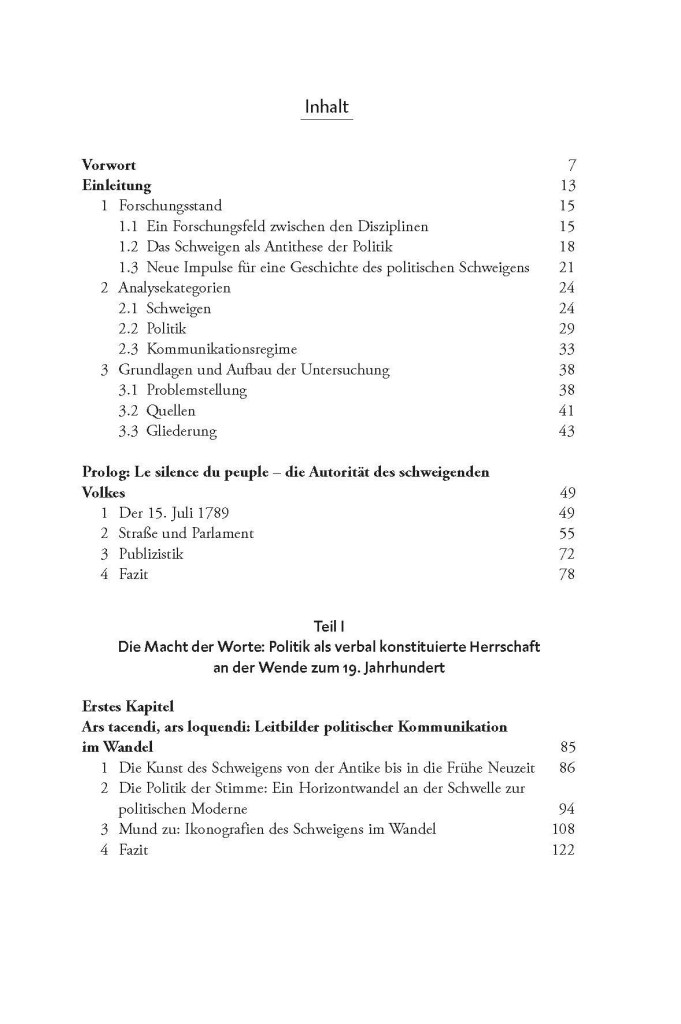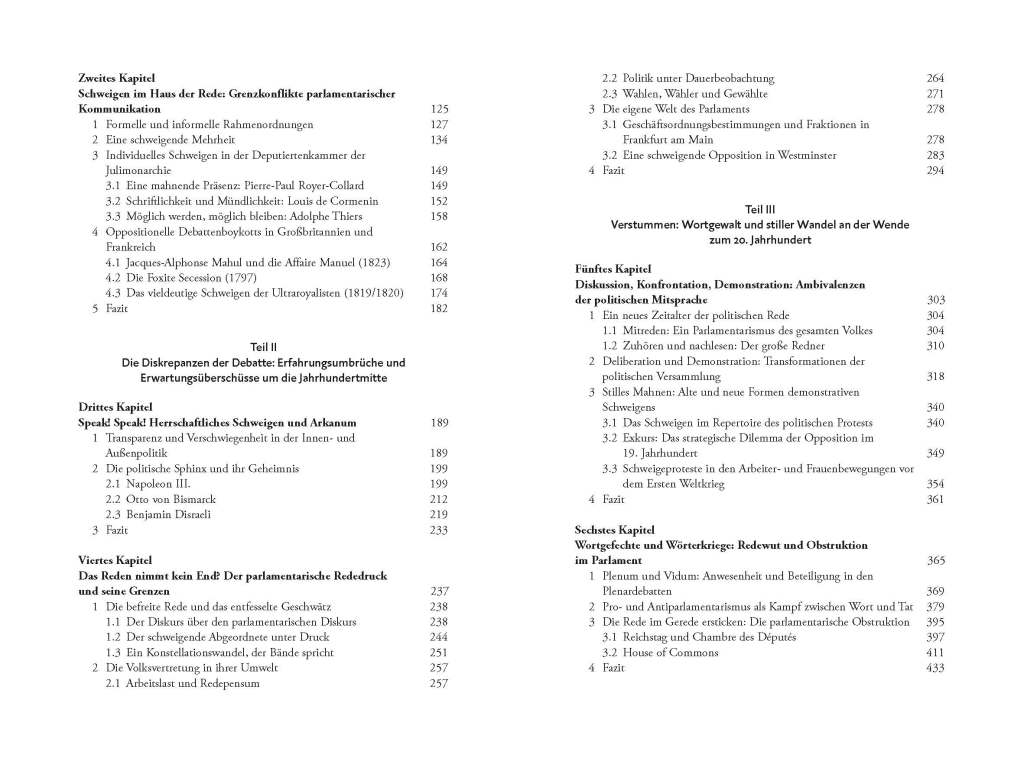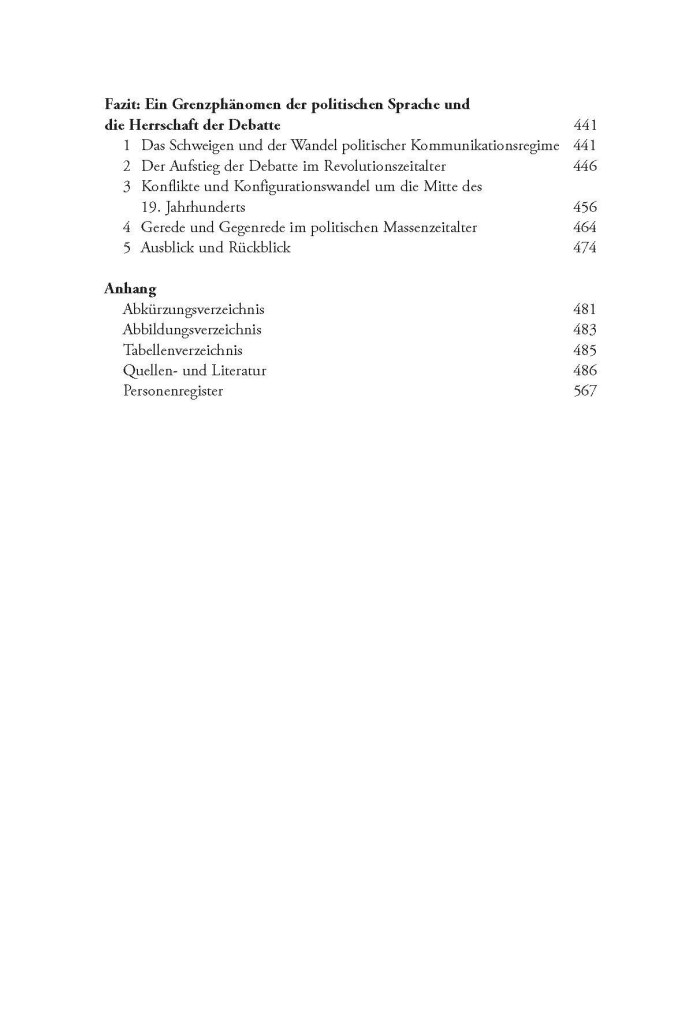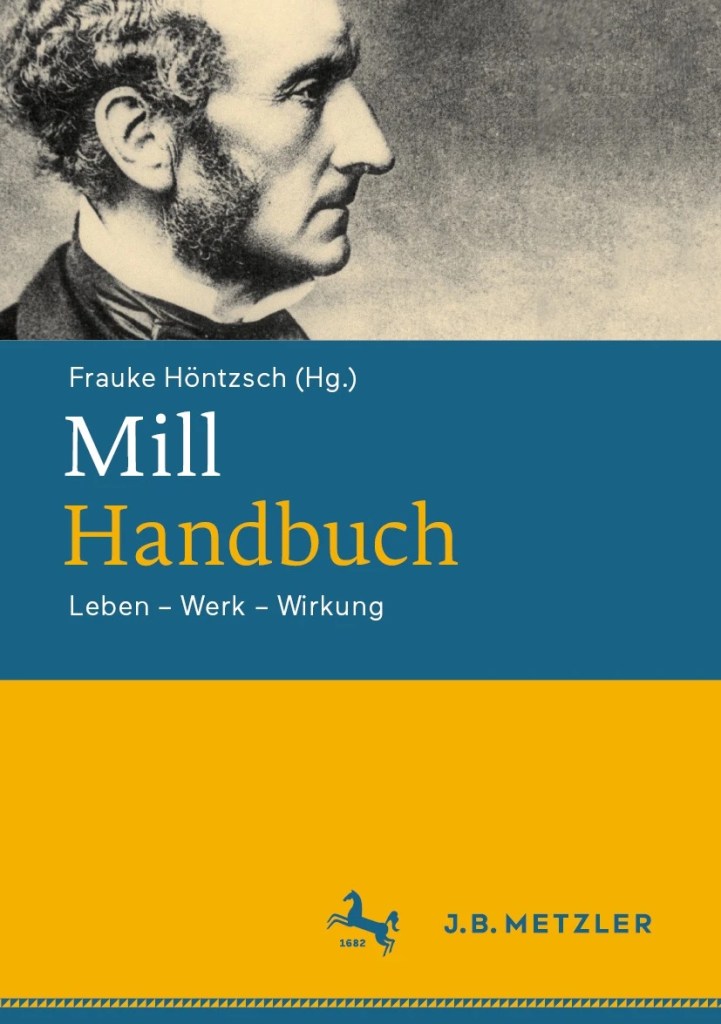I’m glad to announce that my article
Auftritt durch Austritt: Debattenboykotts als parlamentarische Praxis in Großbritannien und Frankreich (1797-1823)
[Performance by Means of Withdrawal: Debating Boycotts as a Parliamentary Practice in Britain and France (1797-1823)]
has been published in the 58th volume of the Archiv für Sozialgeschichte, a special issue under the title “Practising Democracy. Arenas, Processes and Ruptures of Political Participation in Western Europe during the 19th and 20th Centuries”. At a workshop held in Berlin in November 2017 (Call for Papers, Program), the preliminary drafts of the contributions were discussed and prepared for the publication now available from J. W. Dietz Verlag.
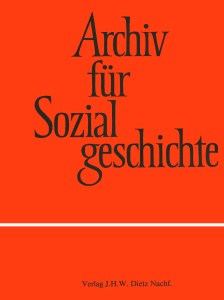
My contribution asks under what circumstances the refusal to participate can itself become a mode of political practice.
Participation is often understood to be a fundamental value of democratic politics. But under some circumstances, the conditions of given opportunities to take part in political decision making processes are structured in ways that prohibit their de facto effectiveness. In such cases, political groups may choose to exit from established platforms and institutions in order to symbolically express their disapproval of the given situation.
Taking the example of oppositional groups’ parliamentary boycotts in the context of the changing systems of early parliamentarism, my contribution argues that the refusal to participate can itself be a forceful mode of democratic practice. Cases from the Irish, British and French parliaments shed light on the specific logic and political relevance of these boycotts in the historical context of the late 18th and early 19th centuries.
The volume’s introduction, written by Anja Kruke and Philipp Kufferath, may be found online here. The other contributinos are available in print.
Read Full Post »

